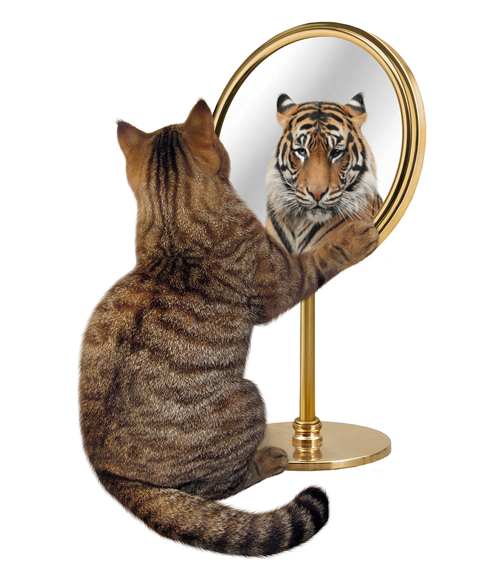Writers, and wanna-be writers, are often encouraged to "write what they know." But is that actually good advice?
I can't speak for other authors, but I can tell you that those words, often espoused by English teachers and at writer's conferences, would send a chill down my back whenever I heard it.
I didn't want to write what I knew. How boring would that be? Even for me. Like most people, my daily activities and the world that I know intimately would cause the most ardent fan's eyes to glaze over or the snoring to begin. And, rightly so!
Don't get me wrong, I understand the value of using our own experiences and expertise as a resource for the feelings and motivations of our characters. It is far more difficult for a writer to avoid doing just that. Our reactions and responses can't help but influence how our characters might respond because it is our understanding of human nature as we've lived it. We should use all the knowledge at our disposal to create believable characters, and that includes infusing them with real-life emotions.
But, one of the most compelling writing experiences I've enjoyed is exploring situations that I don't know. Stepping into what is NOT known and overlaying my human experience onto an unknown is an exhilarating and enlarging experience. It is also great fun!
It may also be quite freeing to learn that you don't have to have lived through a trauma-laden past to have stories to tell. I didn't have an abnormal level of dysfunction in my childhood. But based on some of my fellow conference attendees comments and the occasional workshop presenter's recommendations, I felt that if I couldn't mine childhood pain and bitter gall I'd never quite make it as an authentic writer. That was a horrifying thought for a tentative writer. At one point, I actually became convinced that without some ragged scars on my soul, I would never be capable of becoming a writer. What I've since come to believe is that those consumed by only what they know soon have little to share.
Now, that's not to say my worthiness as a writer ever is assured. But, it won't depend on my past. It will depend upon my present. It will depend upon my ability to analyze, empathize, and project my emotions onto unexperienced situations. Writing what you know refers to emotions, not the mundane aspects of our everyday lives. Regardless of your background or day-to-day activities, the emotions you feel are what you know. We've all felt joy, sadness, rejection, or rage and those emotions are what we use to write what we know. It is authentic emotion that makes us love the stories that touch us, change us, lift us, and inspire us.
So, when it comes to writing what you know, don't. Instead, write what you feel. Let those feelings fire up your imagination and take you into a new experience, with characters unlike you, worlds that can only be dreamed up, and then let those feelings make it real. As Ursula K. Le Guin has said about gaining a writer's knowledge is that it is "through imagination working on observation." Your life and your experiences are unique to you and that in itself is worthy of exploring. Combined with reading, research, experience, observation and your understood emotions, you'll have the ingredients for compelling writing.
Some of us write in order to know. It is the exploration, empathizing, and projection of deeply understood emotions that will make the discovery of our stories an exhilarating experience. So write what you don't know. Look beyond what you know toward what you want to learn and watch what happens when imagination is combined with our shared human emotions. This outlook can make the world around you an exciting laboratory of discovery.
I agree with Kazuo Ishiguro, the author of The Remains of the Day and the winner of the Nobel Prize in Literature and the Booker Prize, who said, "Write about what you know" is the most stupid thing I've heard. It encourages people to write a dull autobiography. It's the reverse of firing the imagination and potential of writers."
So, don't be afraid to fire up your imagination and write what you don't know. Rather, explore what you would like to know, and see how that broadens your writing perspective and creativity.
